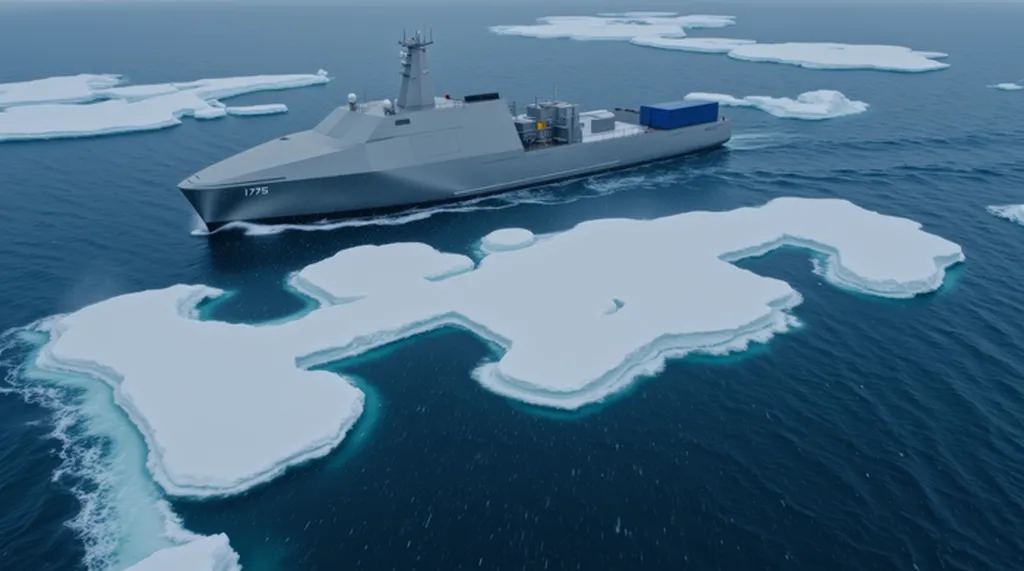In the rapidly evolving world of maritime autonomous surface ships (MASS), ensuring the reliability of marine propulsion systems is paramount. A recent study published in the *Journal of Marine Science and Engineering* (translated from its original title, *Journal of Marine Science and Engineering*) sheds light on the current state of research in this critical area. Led by Rabiul Islam from the Centre for Seafaring and Maritime Operations (CSMO) at the Australian Maritime College (AMC), University of Tasmania, the research provides a comprehensive bibliometric analysis and literature review of marine engine reliability assessment.
The study, which analyzed 139 publications from Web of Science and 133 from Scopus, reveals that Norway, the United States, Finland, Poland, and China are at the forefront of this research. Notably, Norway leads in total output, indicating a strong focus on marine engine reliability in the country. The analysis also highlights the Bayesian network as the most widely used methodology for assessing the reliability of marine propulsion systems in MASS.
So, what does this mean for the maritime industry? Reliability assessment is crucial for preventing failures that could compromise autonomous navigation. As Islam explains, “Assessing the reliability and associated risks of marine engine systems is essential to prevent failures that could compromise autonomous navigation.” By understanding the current research landscape, maritime professionals can better anticipate and mitigate potential issues, ensuring safer and more efficient operations.
The commercial impacts of this research are significant. As the maritime industry advances towards Industry 4.0 and the integration of autonomous shipping technologies, the demand for reliable and efficient propulsion systems will only increase. Companies that invest in research and development in this area can gain a competitive edge, offering more reliable and safer vessels to their clients.
Moreover, the study identifies key players and methodologies in the field, providing a roadmap for future research and development. As Islam notes, “This research area has attracted global attention,” indicating a wealth of opportunities for collaboration and innovation. By leveraging the insights from this study, maritime sectors can drive forward the development of autonomous shipping technologies, ultimately shaping the future of the industry.
In conclusion, the study by Islam and his team offers valuable insights into the reliability assessment of marine propulsion systems for MASS. By understanding the current research landscape, maritime professionals can better navigate the challenges and opportunities presented by the shift towards autonomous shipping. As the industry continues to evolve, the findings of this study will be instrumental in driving innovation and ensuring the safety and reliability of marine operations.

